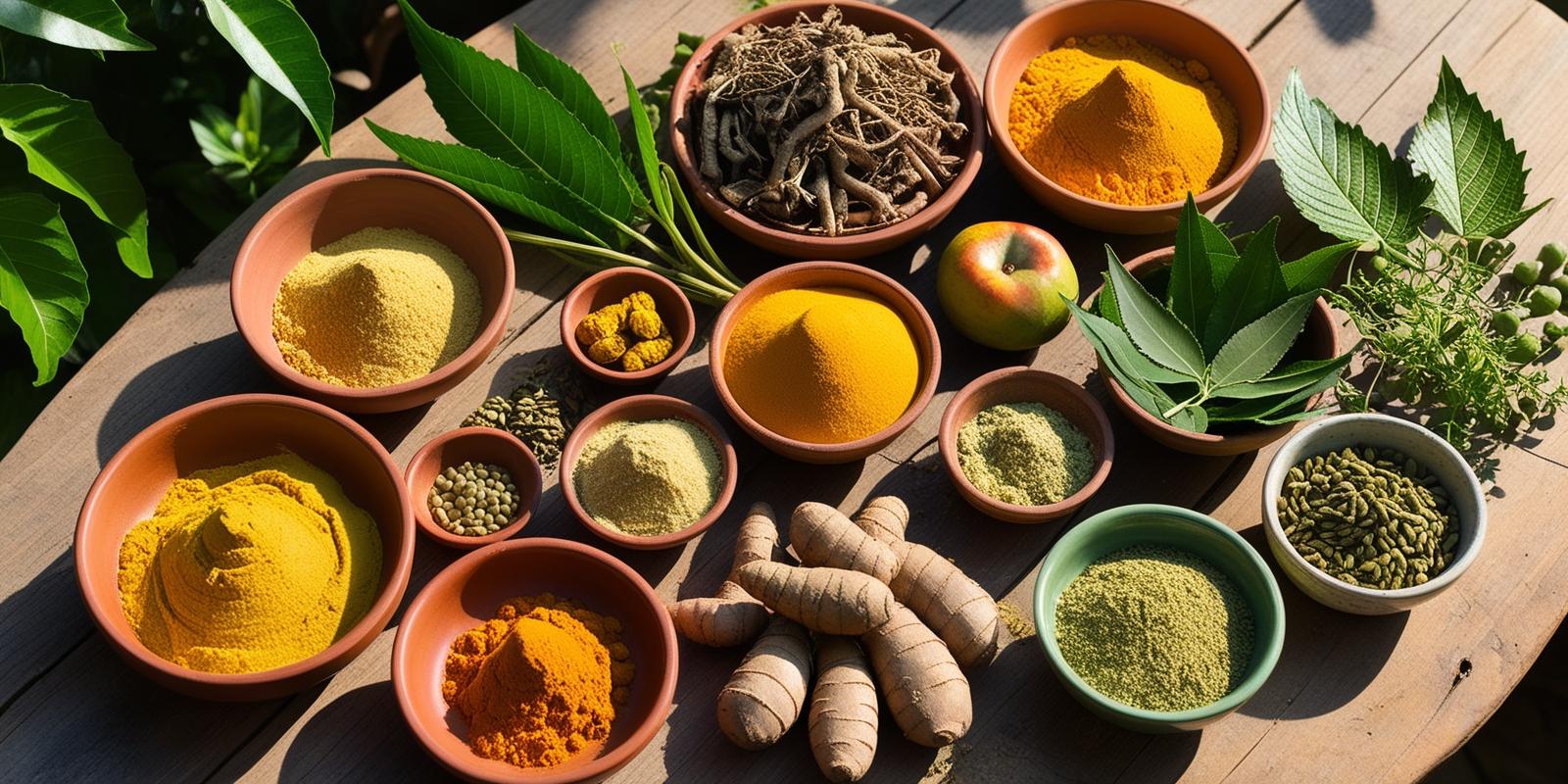
Explore our range of Ayurvedic Superfoods
Harnessing the power of nature to enhance health and longevity
Our exclusive range of combined Ayurvedic herbs
Developed by our Ayurvedic experts specifically for your health goals
-
SupaSlender
Regular price £19.95 GBPRegular priceUnit price / per -
SupaJoints
Regular price £19.95 GBPRegular priceUnit price / per -
SupaImmune
Regular price £17.95 GBPRegular priceUnit price / per -
SupaBreathe
Regular price £19.95 GBPRegular priceUnit price / per -
SupaCleanse
Regular price £16.95 GBPRegular priceUnit price / per -
Triphala 5:1 Extract strength | 90 Capsules
Regular price From £14.95 GBPRegular priceUnit price / per -
Ashwagandha 10:1 Extract | 90 Capsules
Regular price From £15.95 GBPRegular priceUnit price / per
Ayurvedic ingredients Research
View all-
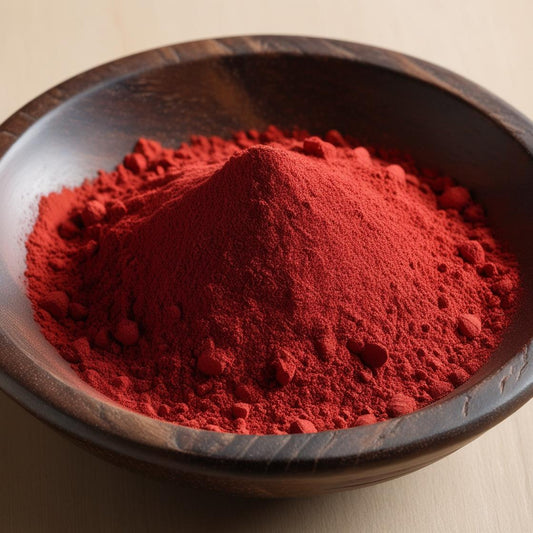
Manjistha (Rubia cordifolia)
Manjistha (Rubia cordifolia) is a plant commonly used in Ayurvedic medicine for its various therapeutic properties. It is known for its anti-inflammatory, antioxidant, antimicrobial, and anti-cancer effects (Gupta et...
Manjistha (Rubia cordifolia)
Manjistha (Rubia cordifolia) is a plant commonly used in Ayurvedic medicine for its various therapeutic properties. It is known for its anti-inflammatory, antioxidant, antimicrobial, and anti-cancer effects (Gupta et...
-
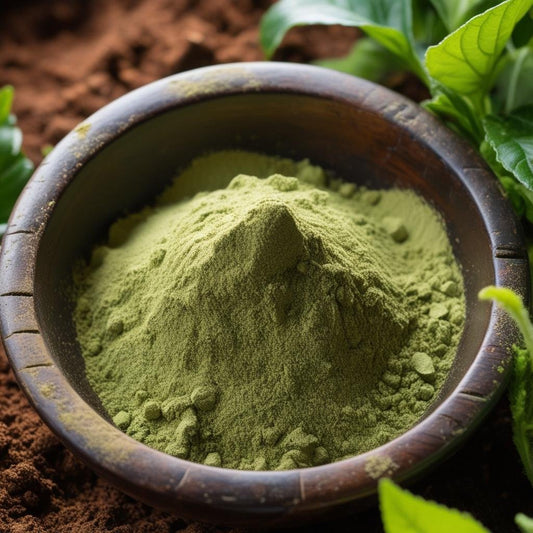
Bhumi Amalaki (Phyllanthus niruri)
Bhumi Amalaki (Phyllanthus niruri), also known as "stonebreaker," is a small herb that is commonly found in India, China, and Brazil. It has been used traditionally in Ayurvedic medicine for...
Bhumi Amalaki (Phyllanthus niruri)
Bhumi Amalaki (Phyllanthus niruri), also known as "stonebreaker," is a small herb that is commonly found in India, China, and Brazil. It has been used traditionally in Ayurvedic medicine for...
-
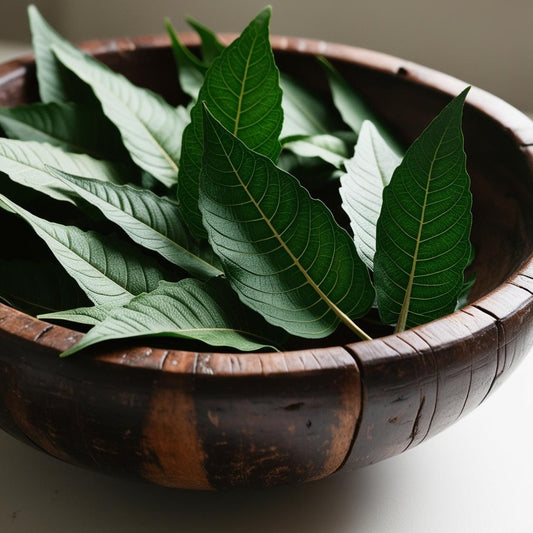
Neem (Azadirachta indica)
Neem (Azadirachta indica), also known as Indian lilac or margosa, is a tree native to India and other parts of Southeast Asia. It has been used for centuries in Ayurvedic...
Neem (Azadirachta indica)
Neem (Azadirachta indica), also known as Indian lilac or margosa, is a tree native to India and other parts of Southeast Asia. It has been used for centuries in Ayurvedic...
-
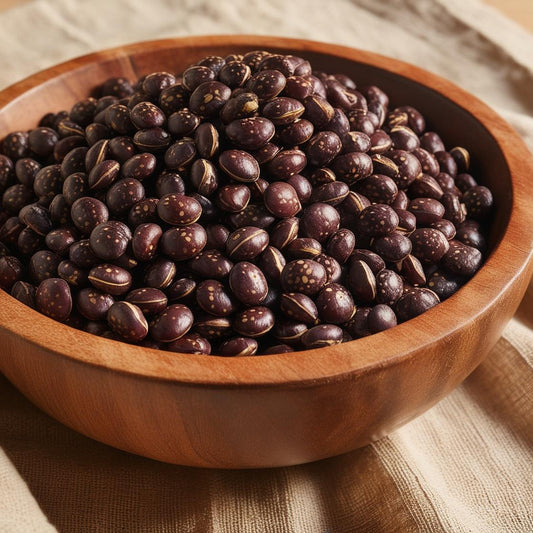
Kulath
Kulath, also known as horse gram, is a legume commonly used in Ayurveda for its various health benefits. It is known to have anti-diabetic, anti-hyperlipidemic, and antioxidant properties. One study...
Kulath
Kulath, also known as horse gram, is a legume commonly used in Ayurveda for its various health benefits. It is known to have anti-diabetic, anti-hyperlipidemic, and antioxidant properties. One study...
Ayurvedic articles
-

Ayurveda and You - What are Doshas
Ayurveda is a holistic system of medicine that originated in India over 5,000 years ago. The term Ayurveda can be translated as "the knowledge of life" or "the science of...
Ayurveda and You - What are Doshas
Ayurveda is a holistic system of medicine that originated in India over 5,000 years ago. The term Ayurveda can be translated as "the knowledge of life" or "the science of...
-
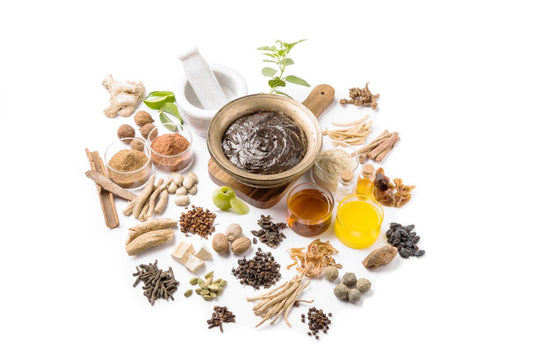
Are there cognative benefits of taking Chyawanp...
There is some limited research suggesting that Chyawanprash may have cognitive benefits. Chyawanprash is believed to contain several herbs that are known for their cognitive-enhancing properties, such as Brahmi (Bacopa...
Are there cognative benefits of taking Chyawanp...
There is some limited research suggesting that Chyawanprash may have cognitive benefits. Chyawanprash is believed to contain several herbs that are known for their cognitive-enhancing properties, such as Brahmi (Bacopa...
-
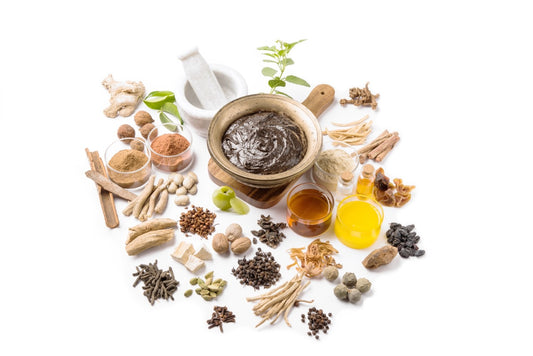
Chyawanprash: A Traditional Ayurvedic Herbal Ja...
Chyawanprash is a traditional Ayurvedic herbal supplement usually made from a blend of more than 40 herbs, fruits, and spices. It is commonly used in India as a tonic for...
Chyawanprash: A Traditional Ayurvedic Herbal Ja...
Chyawanprash is a traditional Ayurvedic herbal supplement usually made from a blend of more than 40 herbs, fruits, and spices. It is commonly used in India as a tonic for...
-

What is Ayurveda?
Around 5,000 years ago, the Indian subcontinent gave birth to the traditional medical practise known as Ayurveda. The Sanskrit origin of the word "Ayurveda" gives it the meaning "science of...
What is Ayurveda?
Around 5,000 years ago, the Indian subcontinent gave birth to the traditional medical practise known as Ayurveda. The Sanskrit origin of the word "Ayurveda" gives it the meaning "science of...


































